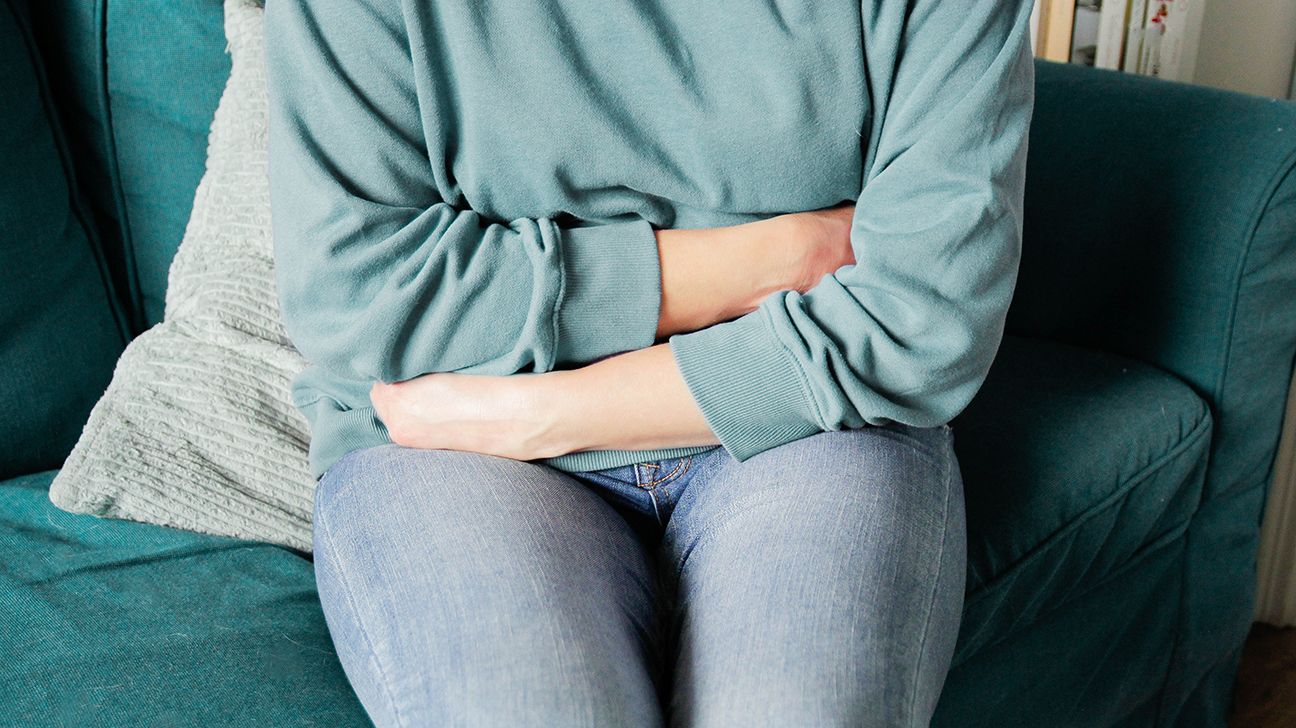Commonly experienced symptoms of endometriosis include chronic pelvic pain, abdominal bloating, and infertility. But endometriosis may cause other symptoms, such as fatigue or painful intercourse.

Endometriosis and its symptoms affect more than
As well as chronic pelvic pain and abdominal bloating, people with endometriosis may experience infertility due to endometrial-like tissue growing outside the uterus.
They may also have pain during sexual intercourse and fatigue (low energy).
Here’s more information about the individual symptoms of endometriosis and what they mean.
This
It may cause painful scar tissue, inflammation, and cysts.
People with pelvic pain may use over-the-counter pain relief medications as well as hot packs to help reduce their discomfort. Surgical removal of the tissue may help reduce pain, too.
Sometimes referred to as endo belly, bloating and fluid retention are common endometriosis symptoms.
Some reasons why people with endometriosis may experience bloating include:
- When endometrial-like tissue breaks down and bleeds each month, it can cause inflammation in the abdomen.
- Constipation and digestive issues found with endometriosis can lead to abdominal bloating.
- If ovarian cysts occur as a result of endometriosis, this may also lead to bloating.
Dietary changes — such as avoiding foods associated with inflammation — can help with bloating. These include:
- refined carbs such as some breads, pasta, and desserts
- processed snack foods such as chips, pretzels, and crackers
- cured meat such as bacon, hot dogs, and sausages
- some seed and vegetable oils like soybean and corn oil
- sugary beverages such as juices and sodas
- alcohol
Try to also avoid gas-producing foods, such as:
- dairy
- beans
- carbonated beverages such as soda
- cruciferous vegetables (brussels sprouts, broccoli, cabbage, cauliflower, asparagus)
- chewing gum
- gonadotropin-releasing hormone (GnRH)
- oral contraceptives
- progesterone
- danazol (Danocrine)
As with many symptoms of endometriosis, surgical removal of the tissue may offer significant relief, too.
Up to
Doctors may need to treat the endometriosis surgically or consider fertility treatments to improve the chances of pregnancy.
Other symptoms of endometriosis may include:
- pain during sexual intercourse
- bleeding between menstrual periods
- painful bowel movements
- nerve pain in areas such as the groin and lower back
- fatigue (low energy)
- depression and anxiety
When to talk with a doctor
Speak with your doctor if you:
- consistently experience very heavy, long, and painful menstrual periods
- experience pelvic pain or bleeding between menstrual periods
- have otherwise unexplained infertility problems that are preventing a desired pregnancy
- have digestive symptoms around your periods
What are the stages of endometriosis?
Endometriosis has
Stage 1 endometriosis is minimal, and stage 4 is severe, but this doesn’t necessarily match the extent of symptoms you may experience.
What are the biggest signs of endometriosis?
While individual symptoms can vary, chronic pelvic pain (especially associated with menstrual periods) is one of the most common symptoms of endometriosis.
Frequent, prolonged, and heavy periods are another key indicator you may have endometriosis.
When do most people develop endometriosis?
Although people can develop endometriosis symptoms beginning in their teenage years, women commonly receive a diagnosis in their
People don’t commonly receive a diagnosis of endometriosis until they are in their 30 and 40s, but symptoms may appear as soon as menstruation begins. These symptoms include pelvic pain, digestive issues, and infertility.
Endometriosis symptoms can affect your health and quality of life.
It’s important to let your doctor know if you believe you have symptoms related to endometriosis so they can help you get an appropriate diagnosis and treatment.




